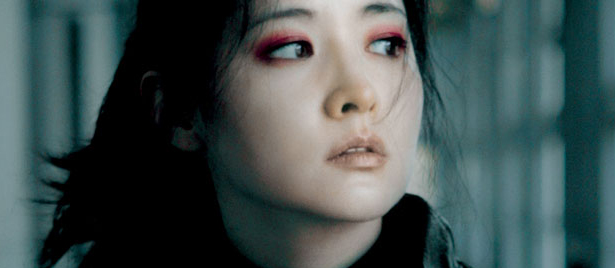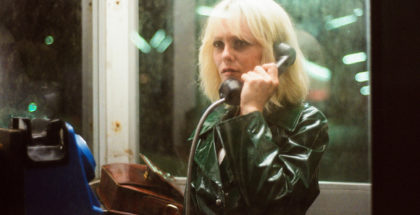VOD film review: Lady Vengeance
Review Overview
Exposition
5Exploration
7Execution
9Simon Kinnear | On 11, Jul 2014
Director: Park Chan-wook
Cast: Lee Young-ae, Choi Min-sik
Certificate: 18
In a world close to combustion from internecine religious hatred, and where suicide bombings have made retaliatory terror a mainstay of the 24 hour news, it’s apt the revenge movie has become one of the defining genres of the 21st century. Films as diverse as Man on Fire, V For Vendetta and Kill Bill (twice) have all dealt with the urge to seek vengeance against perceived injustice, but the gold medal for dealing with the subject belongs to Korean auteur Park Chan-wook.
Lady Vengeance is the third in a thematically linked trilogy of revenge, following Sympathy For Mr Vengeance and the modern classic, Oldboy. This film’s biggest worry lies in diminishing returns for those familiar with its predecessors; after all, it would be hard to replicate their nihilistic howl of rage or the shocking Jacobean edge of Oldboy’s storyline. It’s to Park’s credit that he knows this. Lady Vengeance relies less on narrative or visual onslaught to make its points than an almost art-house sense of décor, colour and pacing – a prototype for Park’s recent English-language debut Stoker.
While this makes Lady Vengeance a persuasively feminine remix of its notably macho predecessors, the problem is that it lacks their punch. For much of its running time, this is disappointingly muted and muddled, as it unfurls its lengthy backstory about ex-con Lee Geum-ja (Lee) preparing payback against the vicious child killer Mr Baek (Oldboy star Choi) for whom she did the time behind bars. Despite flashes of deadpan wit, the attempt to offer a Rashomon-esque mosaic of perspective via a fragmented chain of flashbacks is carelessly orchestrated, coming close to killing the pace before Park has really got going. There’s even a touch of sentimentality that creeps into the film’s study of parenthood, which feels at odds with the cynical, pitch-black humour elsewhere.
And yet as a study of revenge, Park has outdone himself; when this finally clicks in its final act, those stylistic choices make perfect sense. There’s none of the vicarious bloodlust or emotional release common to other revenge movies – intriguingly, Park shies away from showing the full extent of the retribution. Instead, the condition is adroitly dissected as a combination of banal, joyless pragmatism and stunned, automatic reflex: revenge is just another job that needs to be done. This ambitious take is manifest in Lee’s controlled performance. Her face somehow registers both coldness and kindness, constantly shifting like a living optical illusion, and the effect is disquieting.
The most profound comment, though, is to suggest that Lee Geum-ja is not alone. If Oldboy was a mere personal feud, here the scope is widened to make vengeance a truly communal dysfunction. Lee Geum-ja is less a superhuman force à la The Bride in Kill Bill, than the spider at the centre of the web, charming others into helping her facilitate the plan and then provoking others into enacting it. The most shocking gambit of all, though, is to make the audience itself complicit by showing us footage of Mr Baek’s crimes. It’s true that tact might have provided more ambiguity, but forcing us into sympathy for ‘Lady Vengeance’ is perhaps the boldest thing this fearless director has done.


















